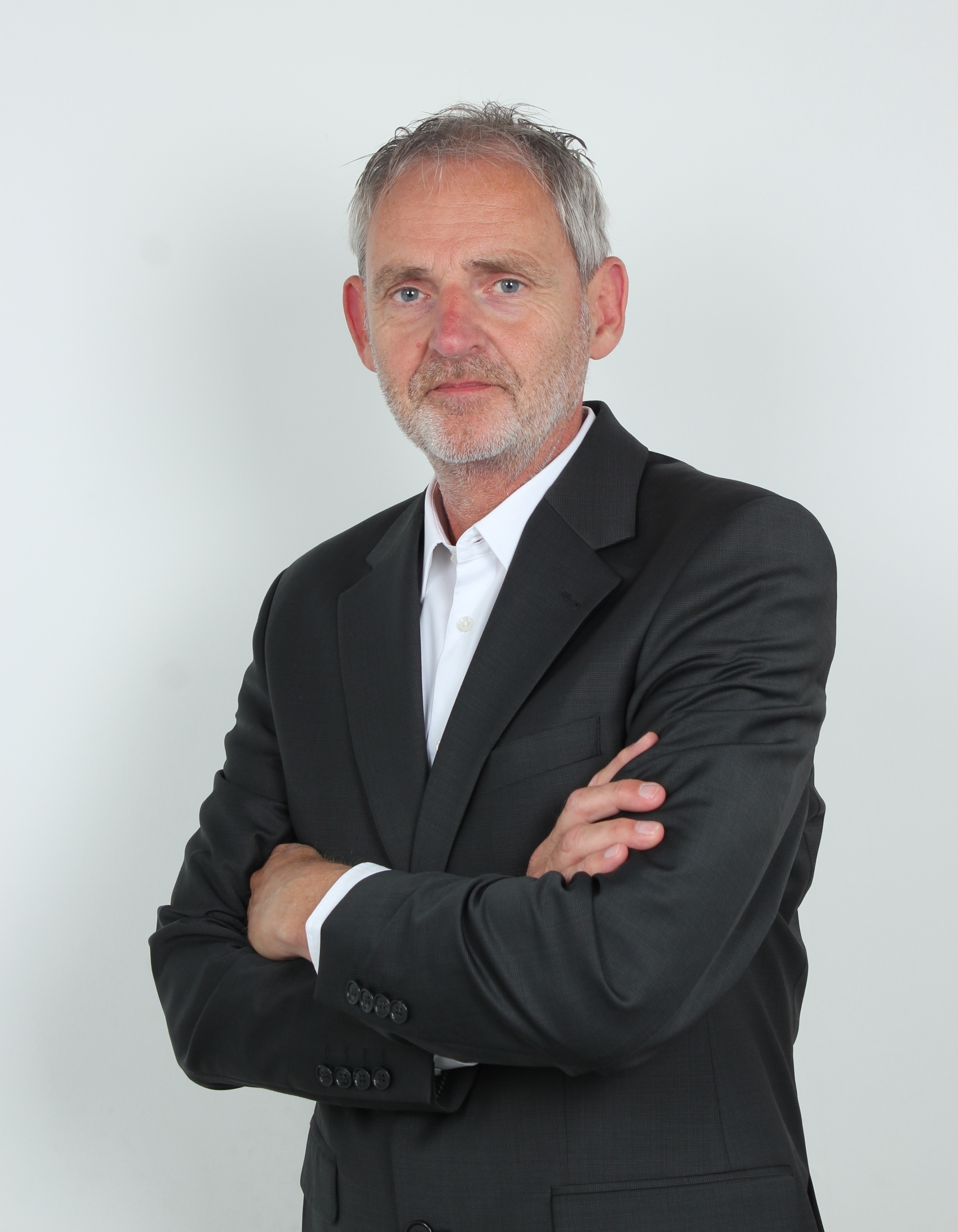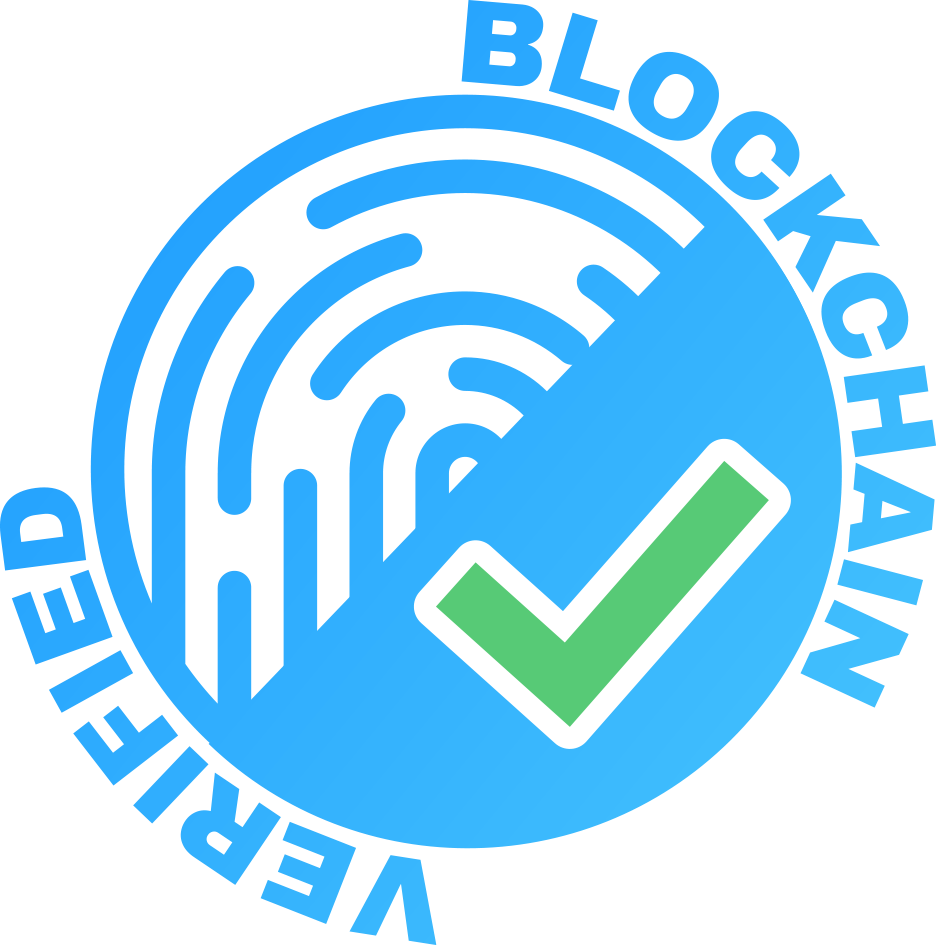Why do I need an Authorised Representative when placing my product on the European (and/or UK) market? And why should I especially consider appointing one from July 16th 2021? What impact will the new product market surveillance legislation have on me?
As in the European Union Regulation 2019/1020/EU comes into force, a lot will change concerning product market surveillances, its authorities and effects for Economic operators.
Do not worry in case no time to read this. For a quick overview, just click and get in touch with us directly. We look forward to assist you!
Market surveillances 2020
The industry and its economic operators (e.g. manufacturer, Authorised Representative) place yearly multi-millions of products on the European Market. By placing these products on the European market, the appropriate economic operator must declare conformity to the applicable directive or regulation, cooperate during market surveillance etc. There is a big difference between declaring compliance and being compliant, which we may conclude from performed market surveillances. A market surveillance study over the year 2020, has shown that over 60% of the inspected products did not meet the formal requirements although the Economic Operator declared compliance.
An example of non-compliances: Integrating Pre-approved radio IoT modules, does not mean product compliance for the end product. You always must perform scrutiny concerning if it is a must performing testing and/or certification. More about this in our blog “What are the requirements for RF module integration“. Additional, globally there are many different compliance regulations. As costs for compliance can exceed your expectations easily, we strongly advise you to not skip this part when writing your business plan. A detailed investigation of compliance costs is essential for the success of your product. More information to be found in the blog “Become a successful startup in IoT“.
More critical is the conclusion of the market surveillance authority concerning E-commerce inspection. 96% of the suspicious shipments (out of 8,832) did not get clearance for the European market.
Due to the number of products not meeting the requirements, the enforcement of the Regulation 2019/1020/EU will most certainly result in an increasing amount of market surveillances.
Responsibilities Economic Operators
Economic Operators means the manufacturer, the Authorised Representative, the importer and the distributor or Fulfillment service providers. Each has its specific tasks and responsibilities when placing a product on the market. Placing on the market means the first making available of radio equipment on the Union market.
We categorize following Economic Operators:
- Manufacturers are responsible for compiling the technical documentation, design, development manufacture and assembly, handling, storage and distribution, corrective actions, complaints, postmarket surveillance and responsible for compliance;
- Authorised Representative (AR) is responsible for filing technical documentation and declaration of conformity at their location, corrective actions, product labelling, postmarket surveillance and regulatory compliance. Important to write is that the agreement between manufacturer and Authorised Representative clearly specify tasks and responsibilities;
- Importers are responsible for product handling, storage and distribution, corrective actions, postmarket surveillance;
- Distributors are responsible for handling, storage and distribution, corrective actions, complaints and postmarket surveillance.
Due to the increased E-commerce business, as from July 16th. 2021, by enforcing the regulation, a new Economic Operator will be introduced:
- Fulfilment Service Providers are responsible for warehousing, packaging, addressing and dispatching, without having ownership of the products involved, excluding postal services.
Once having placed the products into the markets by the Economic Operator, its network makes the distribution possible throughout the European Union. If appointing an Authorised Representative is mandatory or not, or its tasks can be fulfilled by one of the other Economic Operators is specified in the directive or regulation.
Why would I need an Authorised Representative and what is his role?
An Authorised Representative is a legal party based in the European Union that acts as a liaison between a manufacturer outside of the EU and competent national authorities within the EU. The authorised representative acts within the EU on behalf of the manufacturer and ensures that the products being sold on the EU market comply with the European Directives.
Examples of the tasks of the Authorised Representative:
- keep the EU declaration of conformity and the technical documentation at the disposal of national market surveillance authorities for 10 years after the radio equipment has been placed on the market;
- further to a reasoned request from a competent national authority, provide that authority with all the information and documentation necessary to demonstrate the conformity of radio equipment;
- cooperate with the competent national authorities, at their request, on any action taken to eliminate the risks posed by radio equipment covered by the Authorised Representative’s mandate.
Do I Need an Authorised Representative
Needing an Authorised representative can be optional, depending on the applicable directive or regulation and where the manufacture is located, whereby its tasks can be fulfilled by authorising another Economic operator. However, some European directives and regulations specify clearly, that appointing one is mandatory and should be a separate entity.
| Optional (however the task can be fulfilled by other Economic Operator). | Mandatory and specifically a separate entity. |
| RED 2014/53/EU | MDD 93/42/EEC |
| EMC 2014/53/EU | MDR 2017/745 |
| LVD 2014/35/EU | ATEX 2014/34/EU |
As a wider diversity of products do have a radio and wireless technology integrated, it is obvious that appointing an Authorised Representative is getting more a “must” than free to choose when you should only need to comply with the directive 2014/53/EU. An example is the Internet of Medical Things (IoMT), whereby devices need to comply with a multi of regulations. IoMT products need to comply with the MDR 2017/745 as well as the RED 2014/53/EU, whereby the MDR (replacement of the MDD) requires the designation of an Authorised Representative within the Union should the manufacturer be placed outside of it.
Why should you need an Authorised Representative and is an importer or distributor, not your prefered Authorised Representative?
One of the differences in obligations between an Authorised Representative and importer is the availability of the Technical Construction File. The Authorised Representative shall keep the Technical Construction File at the disposal of the market surveillance authorities. An Importer shall ensure that the Technical Construction file can be made available. An example of making it available is upon request of the market surveillance authority.
E-commerce has increased the number of importers in the European Union. All the importers have responsibilities concerning regulatory compliance, should the market surveillance authority request information. It is an unwelcome surprise for the non-European manufacturer that for example a Technical Construction File should be provided to each separate importer in the community.
The Technical Construction File contains all the technical secrets where non-disclosure is essential unless really required. Request from Market surveillance authorities is an example. Due to the increased amount of Economic Operators and market surveillances, it is advised to appoint one dedicated Authorised Representative in the entire Union (and when possible approved for the UK) who keeps your Technical Construction File and Declaration of conformity as required and is always available to immediately react to market surveillance authorities requests.
An Authorized Representative must remain neutral in all actions, including being neutral towards possible competitive distributors or Importers. This is a reason for choosing a dedicated Authorised Representative. Your Technical Construction File contains sensitive information. Prevent unauthorised spreading and designate your specific Authorised Representative.
Appointing an Authorised Representative and E-commerce webshops
Amazon, Alibaba, AliExpress.com etc.. These are some of the E-commerce webshops, whereby many products enter the market also through the so-called fulfilment service providers.
The authorities have the right to seize and destroy incoming shipments without an EU Authorised Representative address. As such, it might be naive to expect a complete halt to non-compliant products entering the EU from July 16th. 2021. Still, this will hurt sellers that continue to sell non-compliant products in the following ways:
- They will no longer be able to register and sell through E-commerce (e.g. Amazon);
- not be able to sell using fulfilment centres;
- and they will need to deal with a higher number of failed shipments that the customers never will receive.
Amazon has even updated their seller central mentioning:
“If you sell CE-marked products that are manufactured outside of the EU, you will need to ensure that such products have a Responsible Person in the EU prior to July 16, 2021. After July 16, 2021, it will be illegal to sell CE-marked products in the EU without an EU Responsible Person. All CE marked products are covered by this rule except for medical devices, explosives for civil uses, and certain lifts and cableway installations.“

The updated role of the market surveillance authority
What is a market surveillance authority? This is an authority designated by a Member State as responsible for carrying out market surveillance in that territory.
As of July 16th. 2021 the mandate of the Market surveillance authorities will change in a significant way. Where it had a controlling function before, now Market surveillance authorities shall conduct their activities in order to ensure:
- effective market surveillance within their territory of products made available online and offline with respect to products that are subject to Union harmonisation legislation;
- the taking by economic operators of appropriate and proportionate corrective action in relation to compliance with that legislation and this Regulation;
- the taking of appropriate and proportionate measures where the economic operator fails to take corrective action.
The Member States shall confer on their market surveillance authorities the powers of market surveillance, investigation and enforcement. When conferring powers, Member States may provide for the power to be exercisable the following ways, as appropriate:
- directly by the market surveillance authorities under their own authority;
- by recourse to other public authorities in accordance with the division of powers and the institutional and administrative organisation of the Member State in question;
- upon application to courts competent to grant the necessary decision to approve the exercise of that power, including, where appropriate, on appeal, if the application to grant the necessary decision was not successful.
As Authorised Representative reacting immediately to non-compliances found by authority will prevent you from the worst.
What are the powers included?
The powers conferred on market surveillance authorities include at least the following:
- require economic operators to provide relevant documents, technical specifications, data or information on compliance and technical aspects of the product;
- request economic operators to provide relevant information on the supply chain, on the details of the distribution network, on quantities of products on the market and on other product models that have the same technical characteristics as the product in question, where relevant for compliance with the applicable requirements under Union harmonisation legislation;
- require economic operators to provide relevant information required for the purpose of ascertaining the ownership of websites;
- carry out unannounced on-site inspections and physical checks of products;
- enter any premises, land or means of transport that the economic operator in question uses for purposes related to the economic operator’s trade, business, craft or profession, in order to identify non-compliance and to obtain evidence;
- start investigations on market surveillance authorities’ own initiative in order to identify non-compliances and bring them to an end;
- take appropriate measures where an economic operator fails to take appropriate corrective action or where the non-compliance or the risk persists, including the power to prohibit or restrict the making available of a product on the market or to order that the product is withdrawn or recalled;
- impose penalties;
- acquire product samples, including under a cover identity, to inspect those samples and to reverse-engineer them in order to identify non-compliance and to obtain evidence;
- require the removal of content referring to the related products from an online interface or to require the explicit display of a warning; or
- where a request according has not been complied with, to require information society service providers to restrict access to the online interface, including by requesting a relevant third party to implement such measures.
Recovery of costs by market surveillance authorities
Member States may authorise their market surveillance authorities to reclaim from the relevant economic operator the totality of the costs. These are the costs of their activities with respect to instances of non-compliance.
These are costs next to cooperating on the corrective actions, or maybe even market ban.
So why appoint an Authorised Representative as of July 16th 2021?
We can conclude that the powers of the Market surveillance authorities will considerably be changed by the date of regulation 2019/1020 getting into force. Putting your non-compliant product on the market now means that immediate actions can be taken. Immediately responding to the market surveillance authorities is essential. Market Surveillance Actions which can lead to:
- preventing the product from being made available on the market;
- withdrawing or recalling the product immediately and alerting the public to the risk presented;
- destroying the product or otherwise rendering it inoperable;;
- affixing to the product suitable, clearly worded, easily comprehensible warnings of the risks that it might present;
- setting prior conditions for making the product concerned available on the market;
- alerting the end users at risk immediately and in an appropriate form;
How IoT Consulting Partners can assist with your qualified Authorised Representative?
IoT Consulting Partners works with several Authorised Representatives who are able to offer the exact service you are looking for. Avoid surprises as market bans and be prepared. It is just a little step to appoint a dedicated Authorised Representative who you can trust and do have the quality system in place to give you the best services.
Our mutual goal is clear!
Achieving the best design, functionality, and user experience, and obtaining the final IoT GoGlobal market access!
For more information contact us directly or have a look in our on-line shop for a price indication.

|
Do You Have Questions? Schedule a Free Consultation Now! |

|


